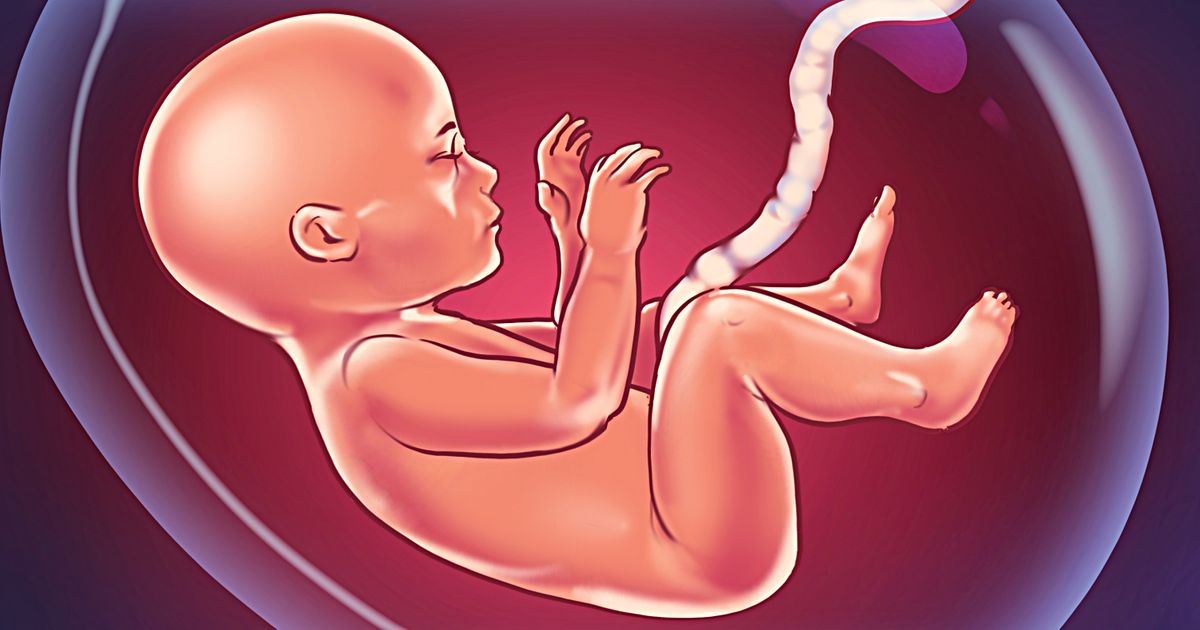You can use your wildest imagination but it is almost impossible to get a clear picture of what life is like in the first home that we all have. It is said that human beings tend to seek out the same level of comfort and safety as they find in their mother’s wombs during many instances in life. Sometimes, you cannot help but wonder what the baby is doing in there. How he or she is spending time, what if they get bored? What do they see, hear? Do they dream, laugh, cry? Does your baby know when you speak to them? So many questions.
As an expecting mother, you are already worried about your baby’s comfort within your uterus and whether they’re doing okay. Well, studies over the years have been able to give us a nearly accurate picture of how a baby exists in the womb. Surprisingly, they experience a lot of things. Development and growth happen over an extended period, so their day to day activities do not exactly include growing organs. Here are some of the experiences that your baby has when they are still in the uterus:
Sleeping – Almost All the Time

Certainly, this feels like a bit of an anti-climax but this is the truth. They are asleep for most of the time that they are in there. They rarely wake up at all and when they do it’s to stay awake for a bit to process what’s happening, stretch out a bit and kick around before getting tired from all the physical activity and fall asleep again. On average, a baby that is around 32 weeks of age will sleep 90 to 95% of the time that they are in the womb. When your baby is kicking you, they are likely doing so in their sleep rather than being awake and communicating with you. You have always wondered how babies sleep all day – now you know that they have had a lot of training.
Exploring Their Home
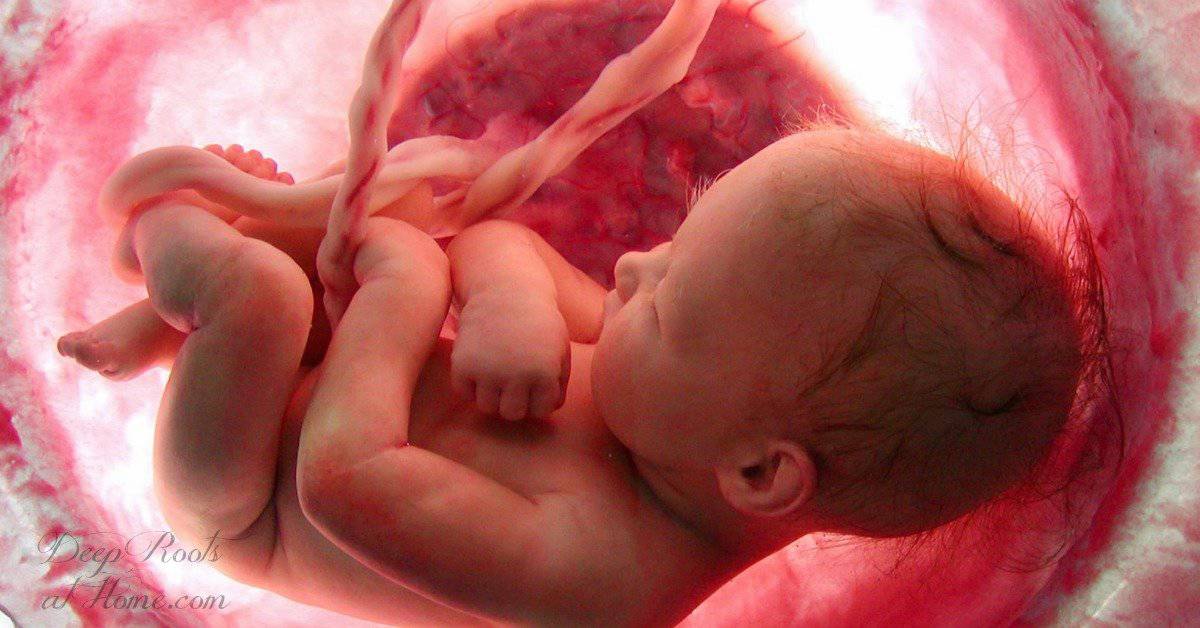
There is no other way to put this, your baby is extremely new. And everything is very new to them. For the brief period that they are awake, they start moving around and understand that they can somewhat move-in coordination if they move everything at once. They begin to appreciate the space that they are in and take in the environment of the uterus. They try to grab hold of things and grasp them to engage and interact with the uterus that is their world currently. They might figure out soon that if they kick the walls of the uterus strongly enough, they can experience the sensation of jumping.
They like to Sight-See

Your uterus might be a dark closeted space that doesn’t offer much of a spectacle but your little unborn child can appreciate this all the same. Whenever the baby wakes up from its long and peaceful naps, it opens its eyes and takes a look around. The opening of the eyes is not a phenomenon that occurs early on during pregnancy, not even when the sense of hearing is quite developed. The baby has a fully developed pair of eyes around the fourth month of pregnancy but only get around to opening it during the seventh month. They might not get clear HD views of whatever is happening and everything is still very new and very, very strange. They can look at their limbs, the umbilical cord and the inner wall of the uterus. It is all quite blurry but light enters the womb and they appreciate it, viewing through amniotic fluid.
Listening to the Outside World
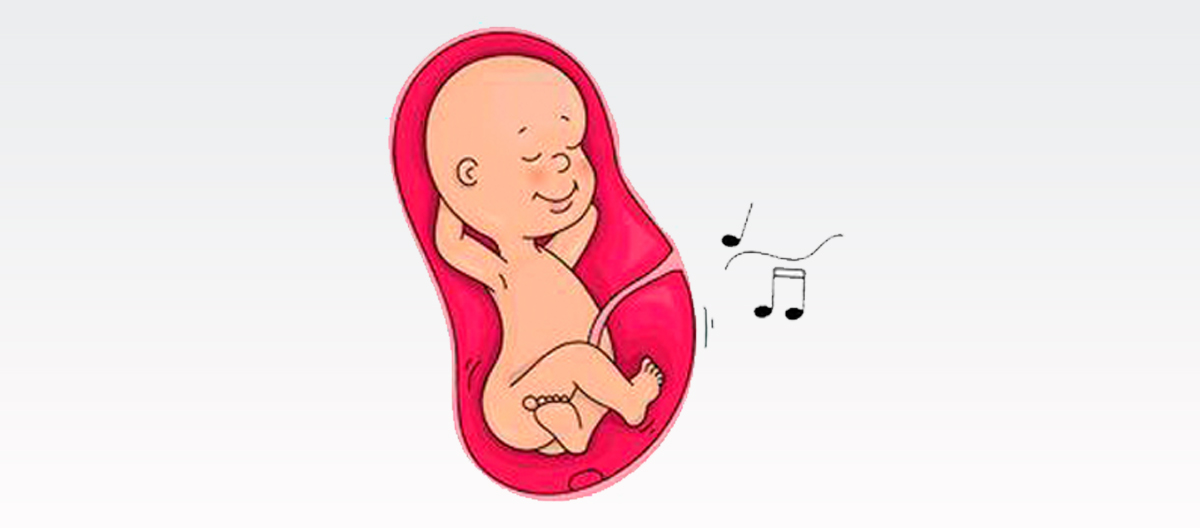
Babies begin to perceive sensations of sounds in different capacities relatively quite early. Around 27 weeks of age, they can sense vibrations of sounds within the uterus and begin to somewhat respond to the stimuli. Fast forward a few weeks and they can start appreciating sounds from outside the uterine walls. Your baby becomes familiar with your heartbeat and they begin to recognize the sound of you and your partner if you constantly talk near the womb. Meanwhile, they will also start to recognize music and other sounds that come from the environment around them. Play music to them, read stories to them and get them familiar with your voice so that they are comforted by it when they are outside.
They Do Typical Outside Baby Things
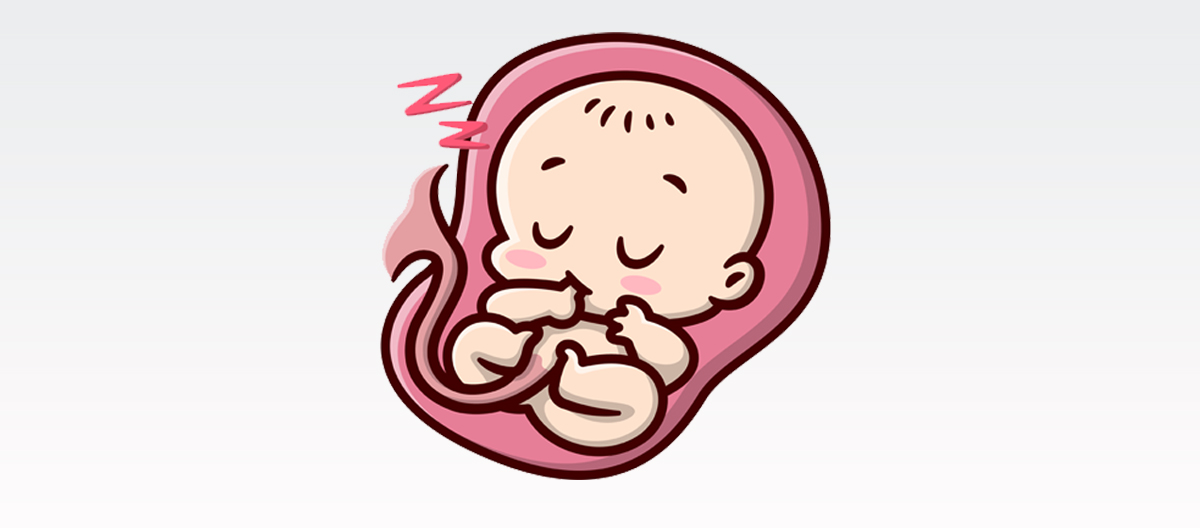
Thousands of years of genetic memory bless us early on with different life skills that prepare us for our lives outside the comfort of the womb. An excellent example of this is what you notice when you observe babies and what they do inside the womb. Everything that they do is instinctive as no manual or anyone is teaching them what to do. Pure instincts help your child prepare for what’s to come. They can be seen sticking their little thumbs into their mouth. The reflex for suck1ng on the thumb has not been developed yet, so this is just the baby doing a very natural baby thing with no real motive. They begin to use their little hands to grab on to things around them. They are getting bigger in there so they tend to squirm around finding positions that are comfortable for them.
They Laugh and Cry
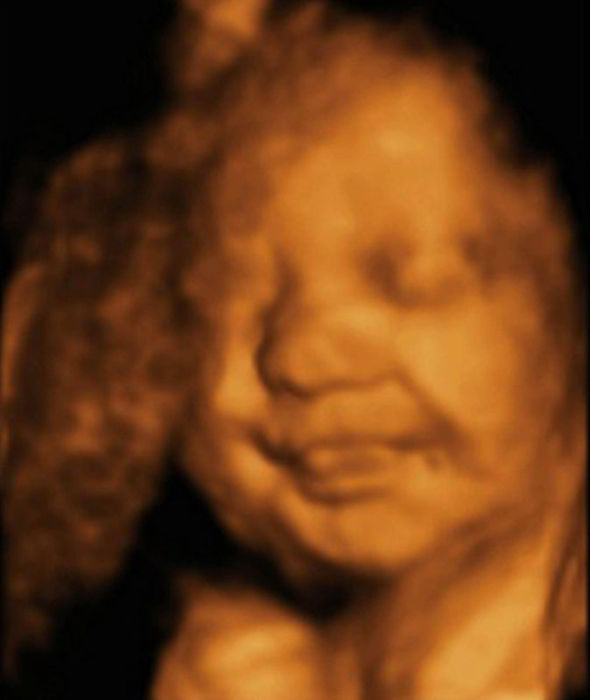
We don’t know what is making them happy or sad yet but science has for sure discovered that babies can express emotions way before they meet the outside world. They appear to be scratching their face to make a very sad face sometimes and at other times they look like they’re laughing and all of this can be visualized by doctors. Our wildest guess is that they are just practising emotions because that is part of survival instincts and important when the baby gets out. Sometimes, you can feel your baby having hiccups inside your womb. You might experience little jolts but it doesn’t necessarily feel like they are kicking you. It is quite a strange sensation but there is nothing to worry about as it is completely normal for your baby to experience hiccups even days when they are in your womb.
They Actively Breathe in the Amniotic Fluid
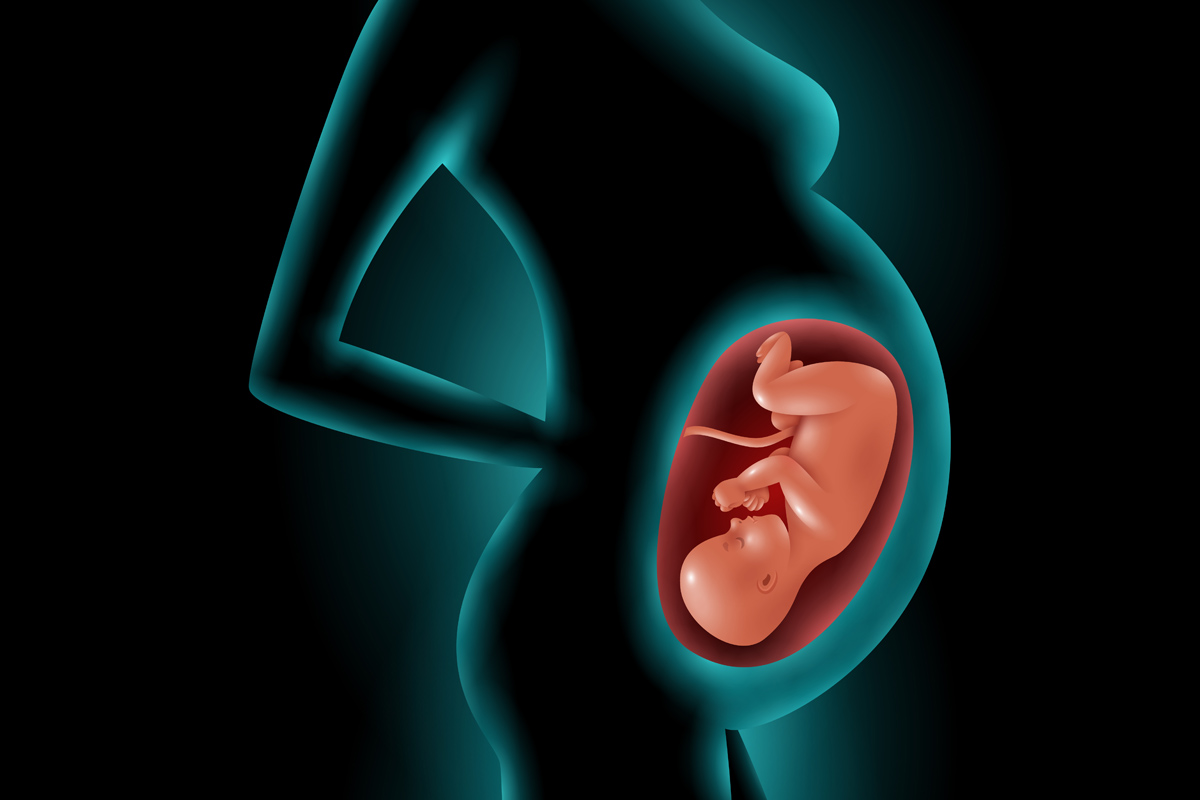
Just like many of the other things they appear to be doing in the womb, they don’t breathe par se. This is because, for most of the time that they are in the uterus, their lungs are not developed. The lungs are among the last things to develop because they are not needed during pregnancy. Your baby receives all the oxygen they need which is delivered to them through the umbilical cord and they do not need to actively engage in breathing. But they cannot relax for long as this is one of the most important things they need to do to survive after being born. This is why, as early as nine weeks during pregnancy, babies can be seen opening their mouths and swallowing in the amniotic fluid as they try to breathe.
They Taste What You Eat
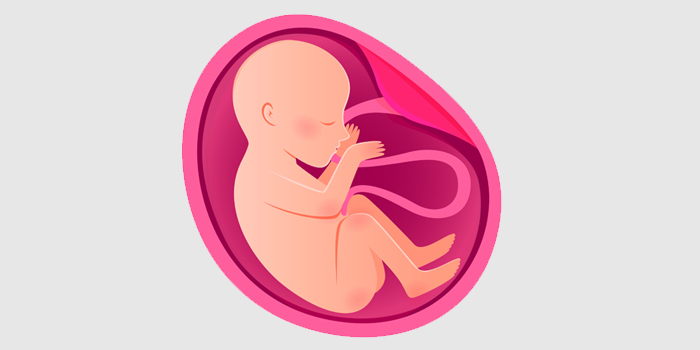
The amniotic fluid provides them with all the nutrients that they need to grow and develop so you would ideally wonder what is up with them sampling what you are eating. The baby is developing a sense of taste and the amniotic fluid is quite strongly flavored (or so studies say). Around the third trimester, your baby’s sense of taste is developed and they will be able to recognize whether the flavor that they are tasting is bitter, sour, sweet, etc. They don’t contribute to the nutritional value of your baby’s diet. Research has shown that babies develop a preference for foods right when they are in the womb. Their body language and facial expressions convey whether they are enjoying what they are tasting. This affects their preferences for cuisines later on in life as well.
Babies are fascinating little beings who do little things that fascinate us tremendously. Maybe it is because we are sure that we have all done the same things but there is no way to know. What you can do to enhance the experience of your baby within your womb is connect with them in as many ways as you can. Speak to them, sing to them and let them derive comfort from the sound of your voice.
Tags: a naked woman has her hot genitals shown
